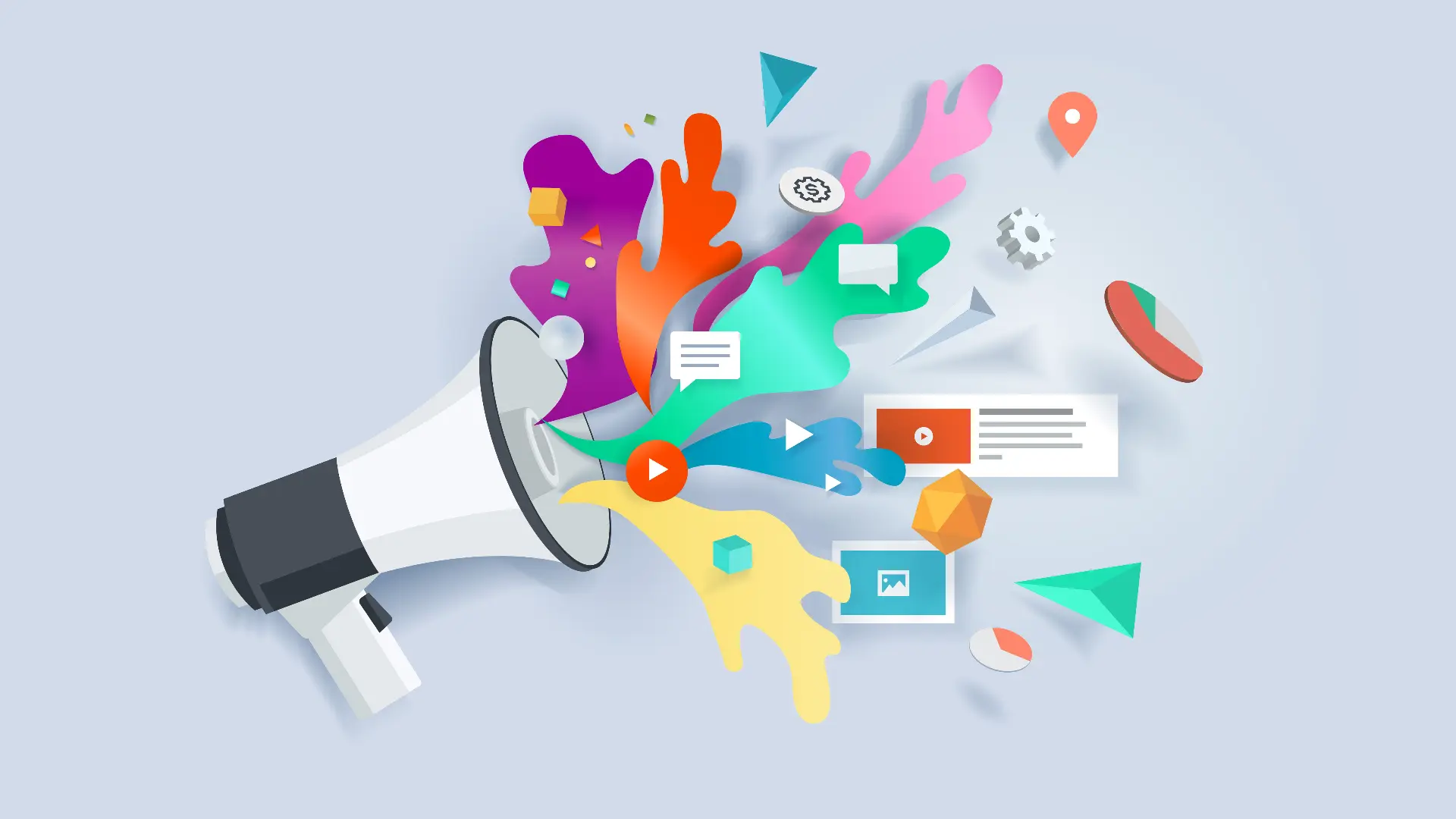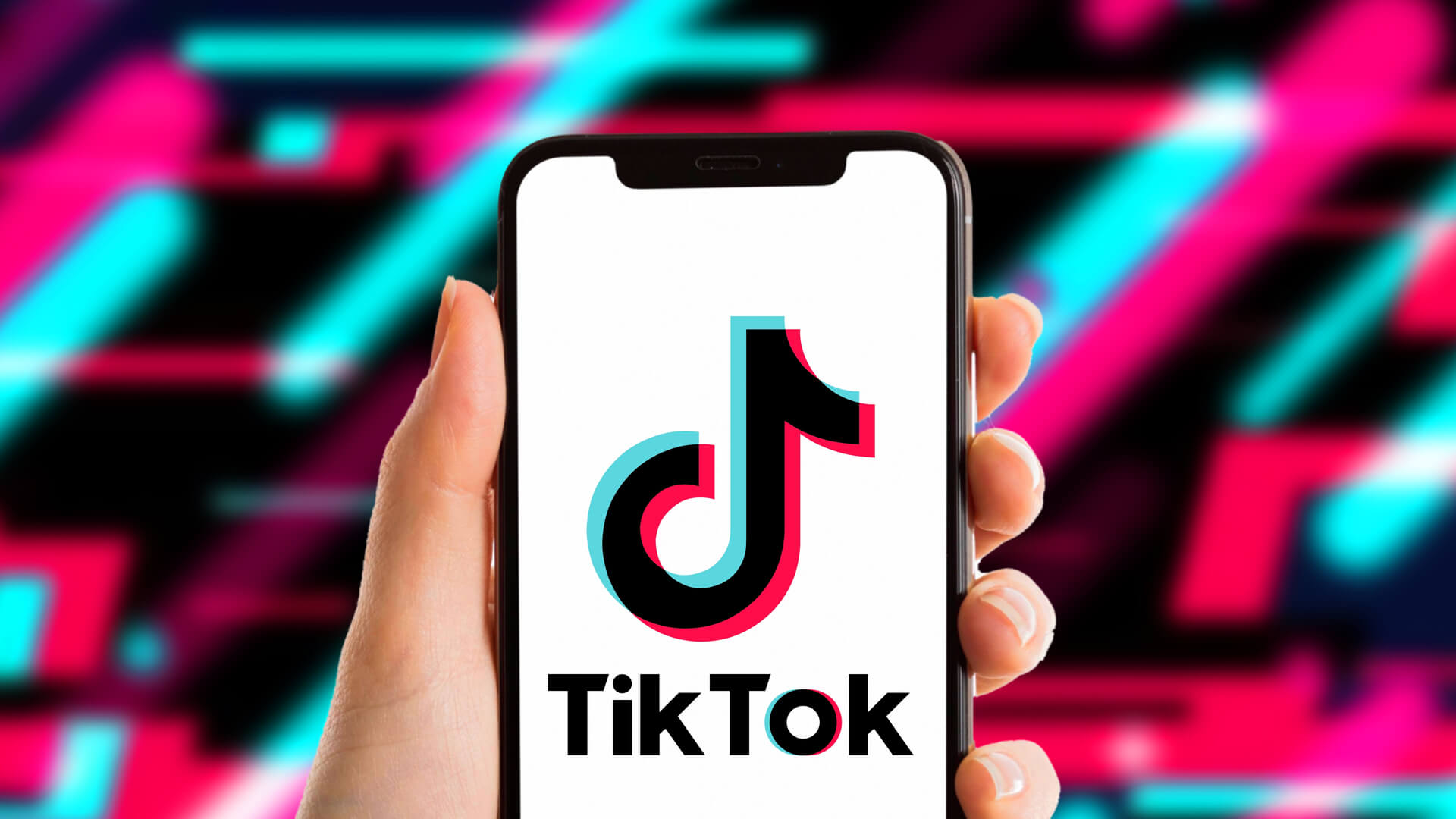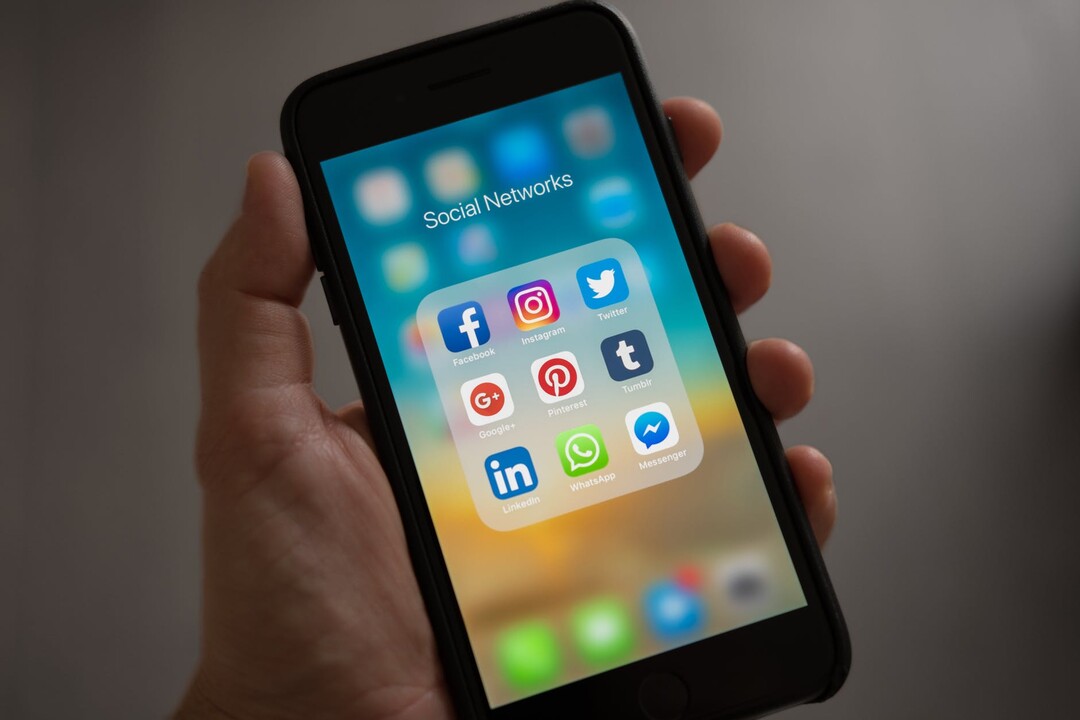In the 21st century, social media has transformed how people communicate, connect, and mobilize. While platforms like Instagram, Twitter, Facebook, and TikTok are primarily used for socializing and entertainment, they have also become powerful tools for activism. Social media activism, also known as “hashtag activism,” allows individuals and groups to raise awareness, rally support, and advocate for change on a global scale. From fighting for human rights to raising environmental awareness, social media activism reshapes how social movements emerge and spread. But how exactly is it changing the world?
Amplifying Voices and Raising Awareness
One of the most significant impacts of social media activism is its ability to amplify marginalized voices. In the past, activists often had to rely on traditional media outlets, which were not always inclined to cover specific issues. However, social media platforms provide a space where anyone with an internet connection can share their story, express their opinions, and join a global conversation. Movements like #BlackLivesMatter and #MeToo gained worldwide attention through hashtags, enabling individuals to share their personal experiences and shed light on issues that had been historically ignored or underreported.
Social media activism also plays a crucial role in spreading awareness about global issues, such as climate change, poverty, and political oppression. Activists can use platforms to quickly disseminate information, share news, and inform others about ongoing struggles. The viral nature of social media means that a single post can reach millions, sparking conversations, raising awareness, and encouraging action on a large scale.
Mobilizing People for Change
Social media has become a crucial organizing tool for activists looking to mobilize supporters and create real-world change. Social media movements often lead to in-person demonstrations, protests, and campaigns. The Arab Spring began in 2010 and is one of the most notable examples of how social media can spark political movements. Protesters in countries like Tunisia, Egypt, and Libya used social media to communicate, organize, and rally others, ultimately leading to significant regional political shifts.
Similarly, movements like #FridaysForFuture, led by climate activist Greta Thunberg, have utilized social media to mobilize young people across the world to protest for climate action. Through posts, live streams, and viral hashtags, social media platforms have allowed activists to coordinate mass demonstrations, spread petitions, and demand accountability from governments and corporations.
The speed at which social media can mobilize people is unprecedented. A trending hashtag or viral video can inspire people to take immediate action, whether donating to a cause, signing a petition, or attending a protest. This real-time connectivity has made social media an indispensable tool for social movements.
Creating Global Solidarity
One of the unique aspects of social media activism is its ability to create global solidarity. Movements that might have once been confined to a specific region or country can now garner international support. For example, the #BlackLivesMatter movement, which began in the United States, has spread globally, with protests and demonstrations taking place in countries like the United Kingdom, France, and Australia. Similarly, social media campaigns like #SaveOurOceans and #PrayForParis have rallied global support for various environmental and humanitarian causes.
The ability to connect people across national borders has fostered a sense of shared responsibility. Social media allows activists to exchange ideas, strategies, and resources, building a global solidarity network. It has also made it easier for people to learn about social justice issues in other countries and advocate for international change.
Shifting the Balance of Power
Social media activism has also shifted the balance of power between individuals and institutions. In the past, activism was often limited by access to traditional media outlets and physical spaces. Today, social media allows anyone to broadcast their message to a broad audience, bypassing conventional gatekeepers like journalists, television stations, or government-controlled outlets. This democratization of media has empowered everyday people to challenge authority, hold potent entities accountable, and disrupt the status quo.
For example, social media platforms have been instrumental in exposing instances of police brutality, corruption, and human rights violations. The viral spread of videos showing police violence, such as the killing of George Floyd in 2020, sparked protests and led to significant changes in public policy and discourse. Social media activism has given people the tools to push back against oppressive systems in once unimaginable ways.
The Dark Side of Social Media Activism
While social media activism has undoubtedly changed the world for the better in many ways, it is not without its drawbacks. The spread of misinformation, online harassment, and “slacktivism” (where people engage in activism by simply liking or sharing posts without taking concrete action) are significant concerns. Additionally, governments and corporations often use social media platforms to track activists, suppress dissent, or manipulate public opinion.
Despite these challenges, social media activism continues to be a powerful tool for positive change. To ensure its effectiveness, activists must be mindful of the risks, critically assess the information they share, and encourage action beyond the digital realm.
Conclusion
Social media activism has fundamentally changed how the world engages with social and political issues. It has empowered individuals to raise awareness, mobilize for change, and build global solidarity. Whether advocating for human rights, fighting for climate justice, or challenging systemic inequality, social media has given activists a platform to reach millions and push for meaningful change. While it’s not without its challenges, the rise of social media activism marks a new era of social movements that have the potential to reshape the world in profound ways. As the digital landscape evolves, so too will how people use social media to make their voices heard and demand a better future.




